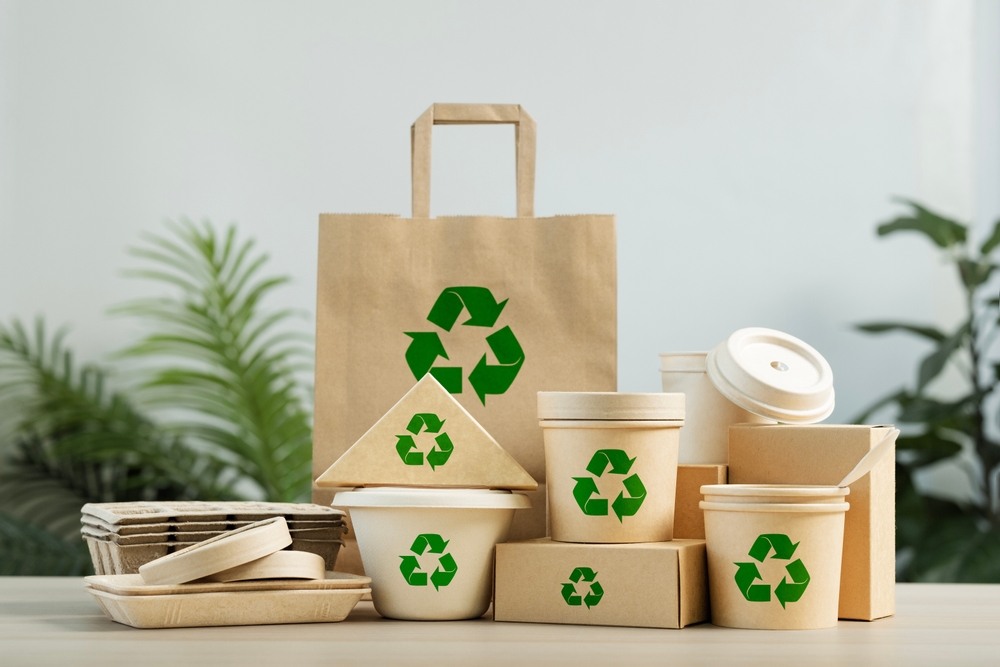This ambitious strategy will set new sustainability and energy efficiency standards for key product categories, ensuring sustainable products become standard across the European Union.
Targeting the resource-intensive sector and matching EU green and digital priorities, the plan marks a major step forward in making products more remedial, recyclable and environmentally friendly, whilst increasing the competitiveness of European companies.
Stéphane Séjourné, Executive Vice President of Prosperity and Industrial Strategy, commented:
“This initiative is based on a 20-year global, successful eco-design path, bringing great benefits to all Europeans, creating business and employment opportunities, and protecting the planet through proven impacts on reducing emissions.
“These eco-design rules apply to all products placed in a single market, regardless of country of origin, ensuring that each meets the ambitious European Union goals.
Strategic promotion of circular products
The new work plan adopted in July 2024 outlines the priority product group that will be covered by new ecodesign and energy labeling requirements over the next five years.
These include steel, aluminum, textiles (particularly clothing), furniture, tires and mattresses. All were chosen for high potential to support the circular economy and reduce environmental impact.
By targeting these sectors, the EU aims to increase the availability of sustainable products that are energy efficient, long-lasting, and easy to repair and recycle.
Stronger single market, smarter products
ESPR helps establish harmonious sustainability standards across EU member states, eliminate trade barriers and create a level playing field.
Standardizing requirements reduces administrative burdens and increases the global competitiveness of companies offering sustainable products.
Important innovations include the deployment of digital product passports that provide detailed product data such as environmental footprint, recyclability, and repairability.
Products such as consumer electronics and small appliances are evaluated using a new repairability score, making it easier for consumers to choose green options.
Jessica Rosswall, commissioner of the environment, water resilience and competitive circular economy, added:
“By setting clear priorities, we are promoting investments to provide legal certainty and predictability to the industries involved, to promote innovation and support the transition to a circular economy.
“This will help bridge the innovation gap, develop a sustainable product lead market and accelerate the decarbonization of key value chains to enhance the competitiveness of the EU.”
Small businesses and stakeholders at the heart of the transition
The committee emphasizes that future development of ecode design and labeling rules will include ongoing cooperation with industry experts and stakeholders, including EU member states.
Special attention is paid to the challenges faced by small and medium-sized businesses and microenterprises, with dedicated support mechanisms to help them adapt.
Requirements are supported by in-depth research and impact assessments and are gradually introduced via delegated actions.
Some energy-related products will continue under existing eco-design rules until the end of 2026, ensuring a smooth transition.
With this ambitious plan, the EU is not just regulating it, but also setting a global benchmark for the future of sustainable products.
Source link

